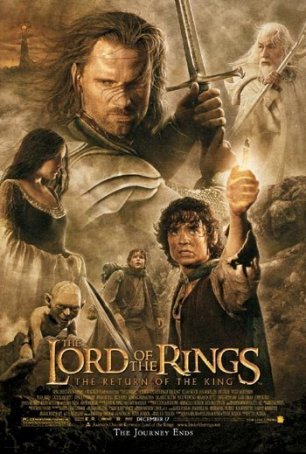


That's a bit of an irrelevant aspect when it comes to selling someone on going out to catch the upcoming Lord of the Rings: The Return of the King rerelease - a movie that came out 20 years ago, grossed over a billion dollars, and changed cinema forever. Studios take note of this and continue making the types of movies that make the most money.


One thing that isn't debatable is the fact that movies make the bulk of their money back at the box office, so going out and paying for tickets to the types of movies you want to see is important. If someone prefers watching a movie at home, that's cool. By and large, this is an objective debate. With the world getting more and more used to this, an already settling idea that there wasn't too much of a difference in catching a movie at home instead of the theater was becoming even more ingrained in our brains. It was a wild thing opening up HBO Max and seeing a new Mortal Kombat movie or Godzilla vs Kong just thrown up on the service, available to watch from home on the same day that I could finally go check one of these out in theaters. There was even a strategy put in place by distributors that had movies, big-budget ones too, going straight to streaming services on the same day that they hit theaters. For a while there, studios and distribution companies had no choice but to send their films to streaming services like Amazon, Disney+, and Netflix. The point is, Hollywood couldn't delay every single movie that they were planning on releasing in 20. Some big tent pole films like No Time to Die and Black Widow were pretty much immediately delayed in the early stages of the pandemic, but most low and mid-budget movies were having to find a new home. This dumpster fire of a debate was made even bigger when COVID kept everyone indoors for a few years. In recent years, there's been a long, tiresome debate about the difference between seeing movies at home versus catching them in theaters.


 0 kommentar(er)
0 kommentar(er)
